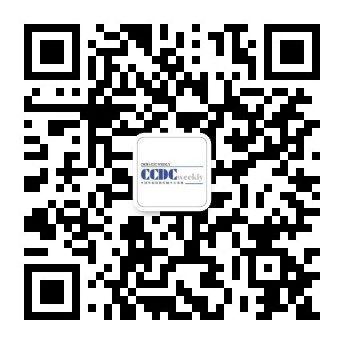2022 Vol. 4, No. 4
Effectiveness of China’s 2 inactivated vaccines (BBIBP-CorV and CoronaVac) against pre-Delta severe acute respiratory syndrome coronavirus-2 (SARS-CoV-2) variants ranged from 47% to over 90%, depending on the clinical endpoint, and with greater effectiveness against more severe coronavirus disease 2019 (COVID-19). During an outbreak in Guangdong, inactivated vaccine effectiveness (VE) against the Delta variant was 70% for symptomatic infection and 100% for severe COVID-19. However, separate or combined VE estimates for the two inactivated vaccines against Delta are not available.
In an outbreak that started in a hospital, VEs of completed primary vaccination with inactivated COVID-19 vaccines against symptomatic COVID-19, COVID-19 pneumonia, and severe COVID-19 caused by the Delta variant were 51%, 61%, and 82%. Completed primary vaccination reduced the risk of progressing from mild to moderate or severe COVID-19 by 74%. VE estimates for BBIBP-CorV and CoronaVac or combined vaccination were similar, and partial vaccination was ineffective.
Completed primary vaccination with either of the 2 inactivated COVID-19 vaccines reduces risk of symptomatic COVID-19, COVID-19 pneumonia, and severe COVID-19 caused by the Delta variant. Completion of the completed primary vaccination with two doses is necessary for protection from Delta.
A coronavirus disease 2019 (COVID-19) vaccine booster is planned for administration to eligible individuals. Understanding the factors that influence attitudes towards the booster shot will help to identify groups that will most readily accept a booster dose.
Of the individuals polled, 75.2% reported they would receive a booster shot. Sociodemographic characteristics influencing booster vaccine acceptance included age, gender, occupation, and education. Moreover, those who had been vaccinated against influenza, who believed herd immunity would be effective against severe acute respiratory syndrome coronavirus 2, and who reported reduced anxiety after vaccination were more likely to accept a booster dose.
A booster shot of the COVID-19 vaccine could be widely accepted. Communicating about the effectiveness of the COVID-19 vaccine and the impact of infection on people’s health could help increase public willingness to get a booster dose.
For a long time, vaccination and herd immunity were considered to be the magic solution for controlling coronavirus disease 2019 (COVID-19). However, the emergence of new variants altered people’s expectations and prolonged the pandemic duration, especially the Omicron strain with substantially increased transmissibility and decreased vaccine efficacy. Therefore, we are in urgent need of a practical solution to resume regular life to some extent, while mitigating COVID-19 risks in the tight race between vaccine rollouts and virus variation. This commentary proposed that bubble strategy (or closed loop management), utilized in Tokyo 2020 Olympic Games and to be implemented in Beijing 2022 Winter Games, could serve as a novel technique of non-pharmaceutical interventions in coping with such a situation.



 Subscribe for E-mail Alerts
Subscribe for E-mail Alerts CCDC Weekly RSS Feed
CCDC Weekly RSS Feed

